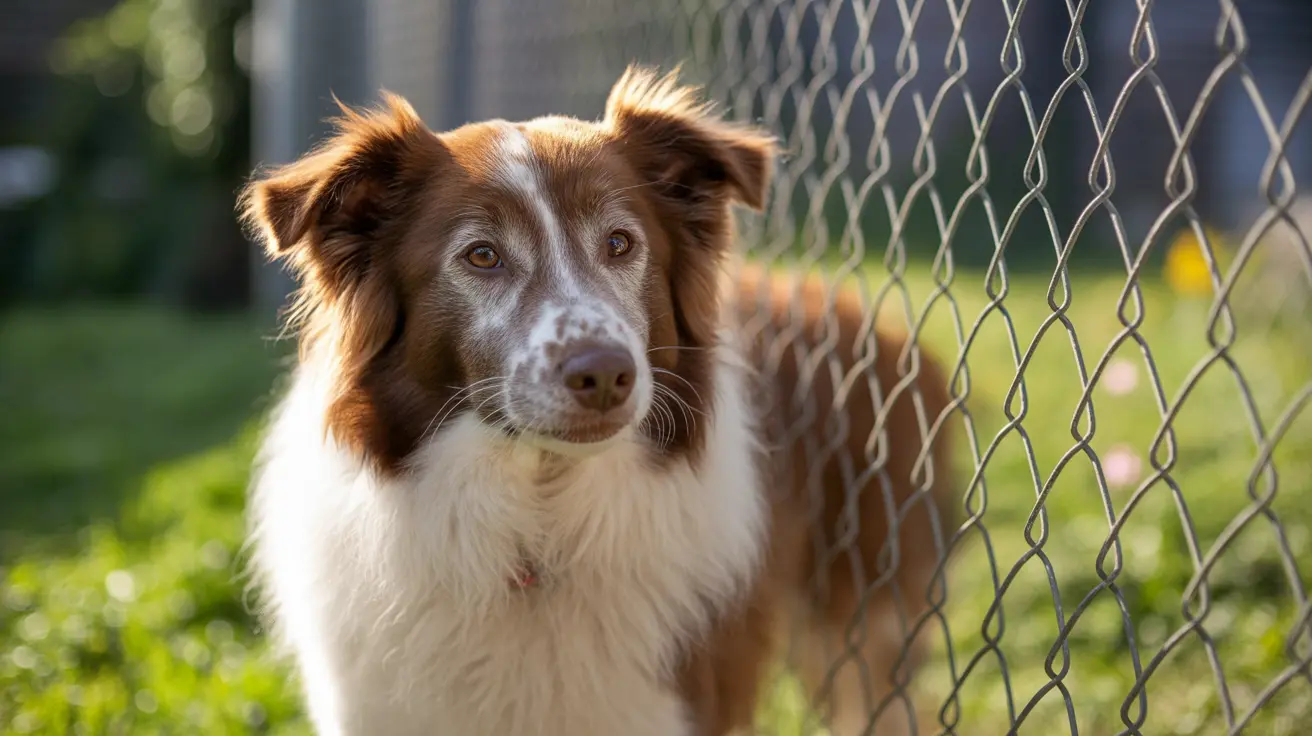How Soon Can You Tell If Your Dog Is Pregnant After Mating?
Understanding the early signs of pregnancy in dogs and knowing when it can be confirmed is essential for responsible breeding and pet care. Canine pregnancy typically lasts between 57 and 65 days, with an average of 63 days. Due to such a short gestation window, early detection is crucial for proper care and preparation.
When Is a Dog Most Likely to Become Pregnant?
The journey begins during a female dog’s estrus cycle—the phase in which she is fertile and receptive. Ovulation commonly occurs a few days into estrus, and mating during this time gives the best chance of pregnancy. Behavioral signs of estrus include:
- Swollen vulva
- Pinkish, watery vaginal discharge
- Increased friendliness or attention-seeking behavior
Natural mating can result in up to an 80% chance of pregnancy, especially when multiple breeding sessions are timed properly.
Methods of Pregnancy Detection
Confirming pregnancy early can be challenging. Here's how veterinarians assess pregnancy in dogs:
- Blood Test for Relaxin: This hormone is unique to pregnancy but may yield false negatives, especially in small litters or if done too early. Best used after 21 days post-mating.
- Palpation: At 3–4 weeks, a skilled vet may feel the developing fetuses through the abdomen, though results vary depending on the dog’s size and temperament.
- Ultrasound: Typically performed between days 21–28 post-mating, this is one of the most reliable early methods and may even detect fetal heartbeats.
- X-ray Imaging: Best used after day 45 to count the exact number of puppies. This assists in preparing for birth and identifying complications.
Early Signs of Pregnancy
While not definitive, some observable signs may suggest pregnancy around 3–4 weeks after mating:
- Mild appetite changes
- Subtle behavioral shifts (increased calmness or affection)
- Slight abdominal rounding
- Rosier nipples or slight breast development
These changes should be discussed with a veterinarian to rule out false pregnancy or other health concerns.
Optimal Veterinary Timeline
For those managing a planned breeding, here’s a basic post-mating checklist:
- Week 3–4: Schedule palpation or relaxin hormone test
- Week 3–5: Ultrasound appointment for visual confirmation
- Week 6+: Begin dietary adjustments for the final trimester
- Week 7–8: Radiographs to prepare for the number of puppies
Post-Mating Care and Considerations
After mating, it's important to:
- Prevent additional matings to avoid multi-sired litters
- Monitor any discharge or drastic behavior changes
- Keep exercise moderate and avoid stress
- Do not alter diet significantly until week 6
Supplementation should be approached cautiously and only under veterinary guidance.
When Confirmation Becomes Reliable
While owners may be eager to detect pregnancy immediately, the earliest reliable confirmation usually occurs around 21 days post-mating using ultrasound. By week 4, several indicators—behavioral, physiological, and diagnostic—can help you and your vet verify pregnancy.
What If the Mating Was Accidental?
If an unplanned mating has occurred, immediate veterinary consultation is necessary. Depending on timing, intervention options include:
- Injection of antiprogestins like Alizin within the first 45 days
- Spaying to terminate and prevent future pregnancies
- Medical abortion for later-term pregnancies, though less common
Conclusion
Recognizing a dog's pregnancy requires attention, timing, and veterinary support. While visible signs may appear after 3 weeks, veterinary tests—especially ultrasound from day 21–28—provide the most accurate early confirmation. Whether planned or not, early recognition fosters a healthier outcome for both mother and puppies.





